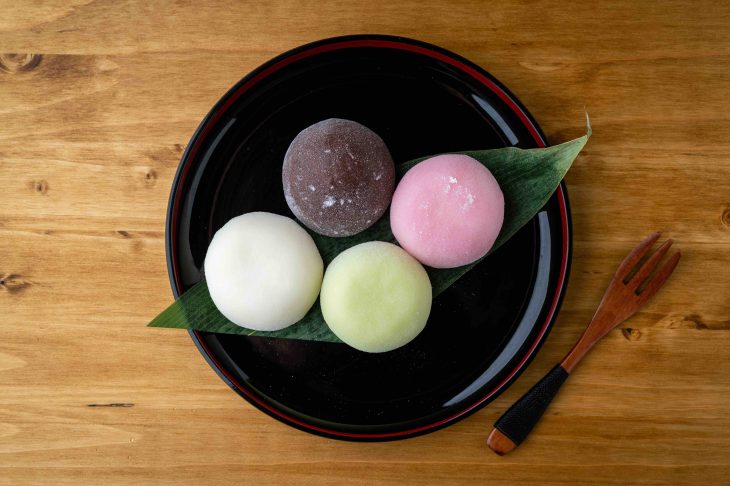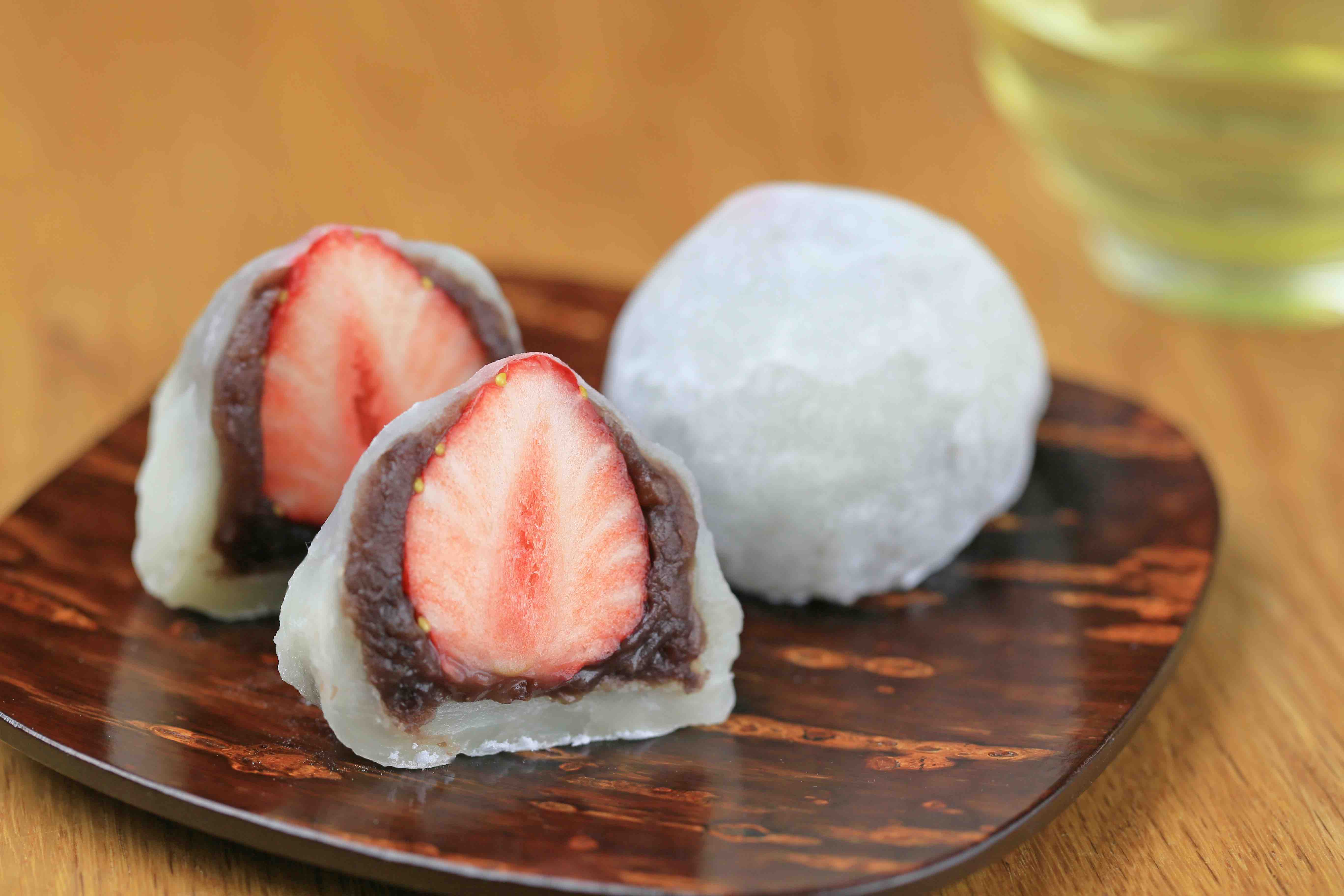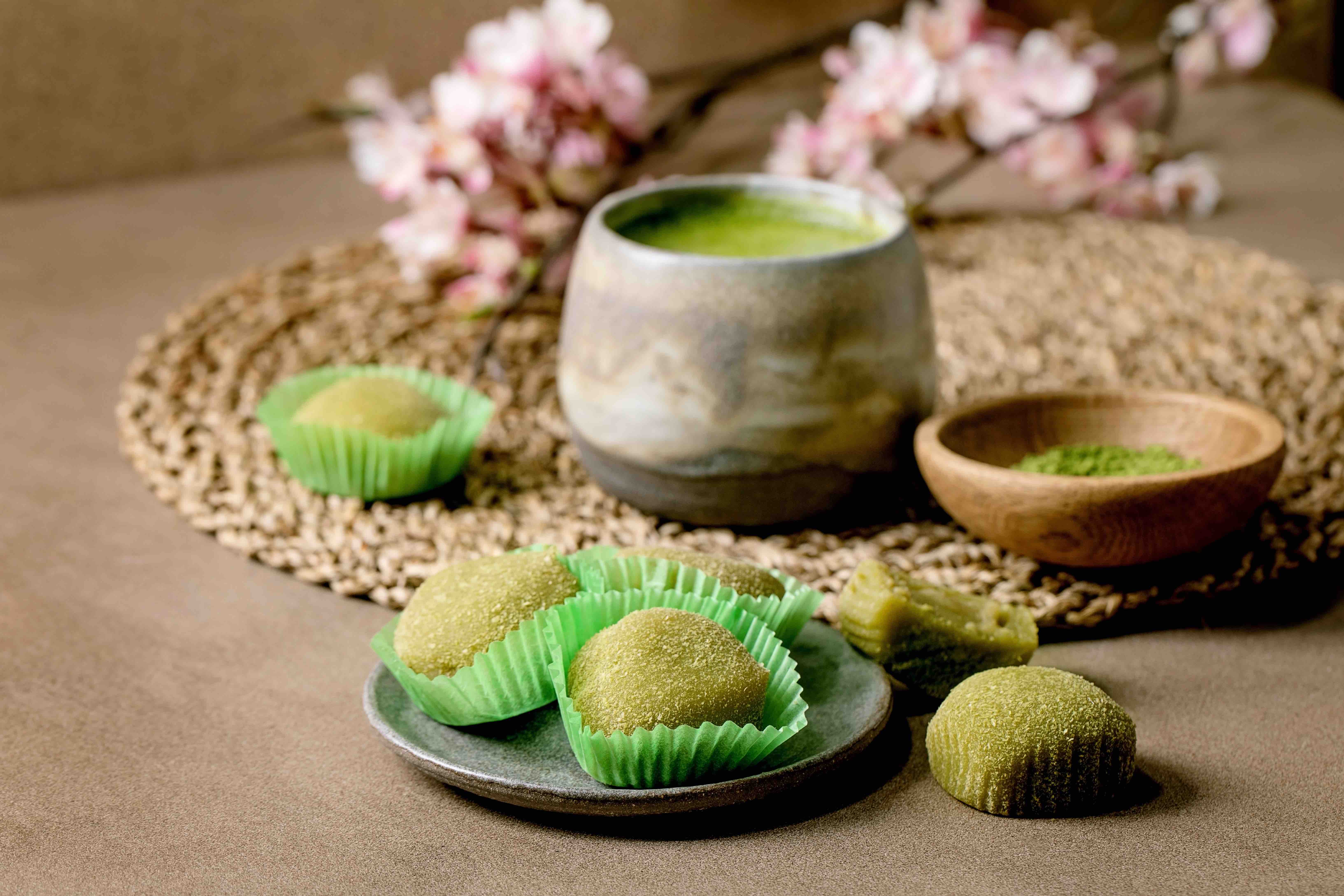
In the realm of delectable treats, Mochi stands as a delightful and beloved delicacy with its origins deeply rooted in Japanese culture. This soft and chewy rice cake has captured the hearts of food enthusiasts worldwide, gracing dessert tables and celebrations with its unique texture and delightful flavors. But beyond its irresistible taste, Mochi harbors a surprising array of nutrition that might leave you pleasantly surprised. In this article, we embark on a journey to uncover 12 intriguing Mochi nutrition facts that shed light on its health benefits, making it a treat worth savoring.
Nutritional Profile – A Snapshot
Here’s a quick overview of the nutritional content in a typical serving of Mochi (1 piece – 44g):
- Calories: 120
- Carbohydrates: 27g
- Protein: 1g
- Fat: 0.5g
- Fiber: 0g
A Source of Energy
At the heart of Mochi’s nutrition lies its high carbohydrate content. Made from glutinous rice, this delectable treat provides a quick and efficient energy boost, making it a favored snack for athletes and those seeking an instant pick-me-up.
Protein Punch
While Mochi is primarily a carbohydrate-rich treat, it also boasts a fair amount of protein. These building blocks of the body play a vital role in tissue repair and muscle development, making Mochi a not-so-guilty pleasure.
Low in Fat

For those conscious of their fat intake, Mochi offers a guilt-free escape. With minimal fat content, this chewy delight allows you to relish its flavors without worrying about compromising your dietary goals.
Gluten-Free Goodness
For individuals with gluten sensitivities or celiac disease, Mochi opens up a world of delightful possibilities. Being gluten-free, this treat can be enjoyed by those seeking alternative options for their sweet cravings.
Rich in Minerals
Surprisingly, Mochi is not only about its delightful taste but also about its mineral content. It contains essential minerals like calcium, vital for strong bones and teeth, and iron, which plays a crucial role in oxygen transport within the body.
Versatile Delicacy
Mochi’s versatility knows no bounds. While traditional fillings like red bean paste and ice cream add delightful flavors, modern twists with chocolate, fruits, and more showcase the imaginative potential of this classic treat.
Moderation is Key
While Mochi presents numerous health benefits, it’s essential to indulge in moderation. Due to its high carbohydrate content, excessive consumption might impact blood sugar levels.
Mochi Ice Cream
Mochi Ice Cream is a delightful blend of traditional Mochi and ice cream. This fusion treat offers a unique texture and flavor experience, combining the best of both worlds.
Nutritional Comparison – Mochi vs. Rice Cakes

While Mochi and rice cakes might seem similar, their nutritional profiles differ. Mochi tends to be higher in calories and carbohydrates, offering a denser and more satisfying treat.
Mochi Varieties – Exploring the Flavors
Mochi comes in a wide array of flavors, ranging from traditional favorites like Matcha and Red Bean to unique combinations like Mango and Strawberry. Each variety brings its own distinct charm and taste.
Storage Tips – Keeping Mochi Fresh
To maintain the delightful texture and flavor of Mochi, it’s crucial to store it properly. Keep it in a cool, dry place, or refrigerate to extend its shelf life and retain its chewy goodness.
Conclusion
Mochi, with its enticing flavors and unique texture, brings joy to many dessert enthusiasts. But beyond its delicious appeal, it offers surprising nutrition benefits. From being a source of energy to its mineral content and gluten-free nature, Mochi stands as a delightful treat that can be enjoyed with a touch of mindfulness. So, indulge in moderation and savor the flavors while appreciating the rich cultural heritage and creativity that Mochi embodies.
Frequently Asked Questions (FAQs)
Can Mochi be enjoyed by individuals with gluten intolerance?
Absolutely! Mochi is gluten-free, making it a suitable choice for individuals with gluten sensitivities or celiac disease.
Is Mochi high in calories?
While Mochi does contain calories, a single piece typically ranges from 90 to 120 calories, making it a relatively light indulgence.
Can Mochi be stored for a long time?
Proper storage is key to maintaining the freshness of Mochi. It can be stored in a cool, dry place or refrigerated to extend its shelf life.
Are there vegan options for Mochi?
Yes, vegan versions of Mochi are available, often made with alternative ingredients like plant-based milk and sweeteners.
Can Mochi be enjoyed by individuals with diabetes?
As Mochi is primarily made from glutinous rice, it is important for individuals with diabetes to consume it in moderation to manage their blood sugar levels effectively.
Was this page helpful?
Our commitment to delivering trustworthy and engaging content is at the heart of what we do. Each fact on our site is contributed by real users like you, bringing a wealth of diverse insights and information. To ensure the highest standards of accuracy and reliability, our dedicated editors meticulously review each submission. This process guarantees that the facts we share are not only fascinating but also credible. Trust in our commitment to quality and authenticity as you explore and learn with us.
